Have you ever wondered what smallmouth bass tastes like? Whether you’re an avid angler or simply curious about different flavors of fish, this article will give you a taste of the unique culinary experience that smallmouth bass offers. From its delicate texture to its mild yet distinct flavor, smallmouth bass is a true treat for seafood enthusiasts. So, if you’re ready to embark on a culinary adventure and learn about what makes smallmouth bass such a delectable delicacy, read on.
What Does Smallmouth Bass Taste Like?
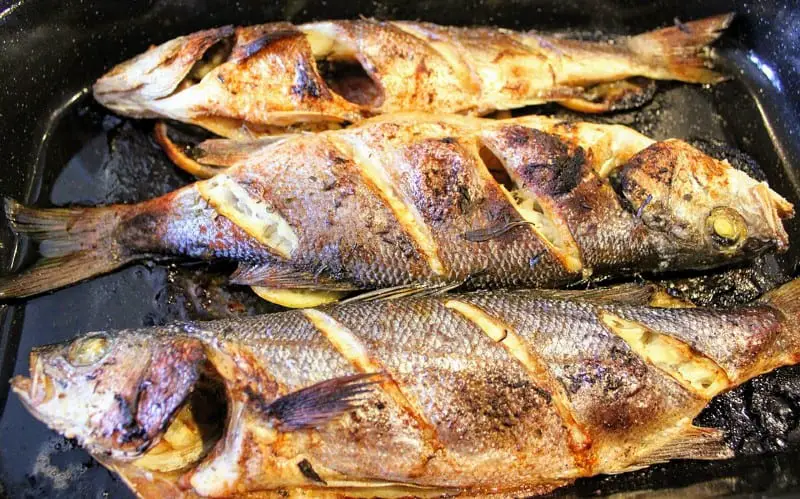
Overview of Smallmouth Bass
Smallmouth bass is a popular fish among anglers and seafood enthusiasts alike. Found predominantly in North America, smallmouth bass is recognized for its delicious taste and the excitement it brings to recreational fishing. This article aims to provide a comprehensive exploration of the taste, flavor profile, cooking methods, and health benefits of smallmouth bass. So, if you’re curious about the culinary experience that awaits you with smallmouth bass, keep reading to learn more!
Flavor Profile of Smallmouth Bass
Smallmouth bass boasts a flavor profile that is both distinctive and delicate. Its flesh is tender and mild-tasting, with a slightly sweet undertone. Many compare the flavor of smallmouth bass to that of trout or salmon, as both fish are known for their pleasant taste. However, smallmouth bass has its own unique qualities that set it apart. The flaky texture and rich, buttery flavor make it a true delight for seafood enthusiasts.
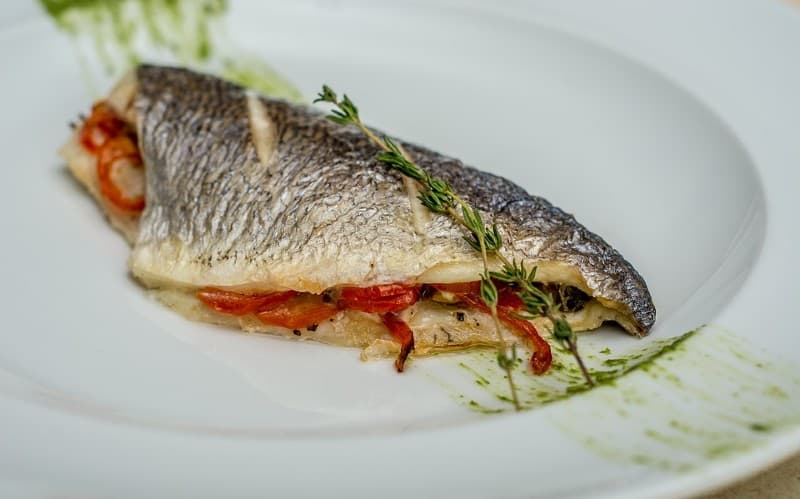
Factors Affecting the Taste of Smallmouth Bass
Several factors contribute to the taste of smallmouth bass. First and foremost, the water quality in which the fish resides plays a crucial role in determining its flavor. Smallmouth bass found in clean and unpolluted waters tend to have a purer taste, while those caught in polluted areas may have an unpleasant or muddy flavor. Additionally, the diet of smallmouth bass also influences its taste. Fish that feed on a diet consisting of insects, crustaceans, and smaller fish tend to have a more robust and flavorful profile.
Cooking Smallmouth Bass
When it comes to cooking smallmouth bass, there are various methods you can employ to enhance its flavors. Grilling, baking, broiling, and frying are popular techniques that allow you to infuse different flavors into the fish. Regardless of the cooking method you choose, it is essential to ensure that the fish is cooked through but not overcooked. Smallmouth bass is best served when it is moist and flaky. Adding marinades or spices can elevate the taste, but be sure not to overpower the delicate flavor of the fish.
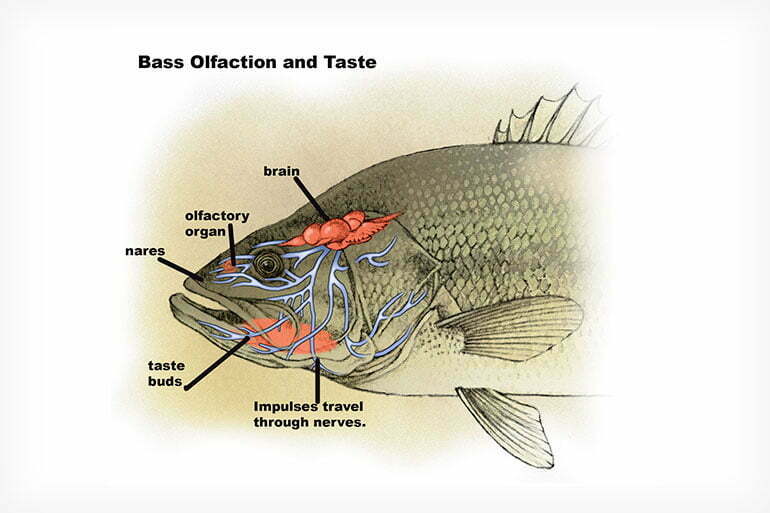
Popular Smallmouth Bass Recipes
Here are a few popular recipes that will make your smallmouth bass dining experience truly memorable:
Grilled Smallmouth Bass with Lemon and Herbs: Marinate the fish in a mixture of lemon juice, olive oil, minced garlic, and your favorite herbs such as thyme or dill. Then, grill the fish over medium heat until it is cooked through. The tangy citrus notes and the aromatic herbs perfectly complement the natural flavors of the smallmouth bass.
Baked Smallmouth Bass with Butter and Seasonings: Preheat the oven to 375°F (190°C). Season the fish with salt, pepper, and your preferred herbs. Place the seasoned fish in a baking dish and dot it with butter. Bake for approximately 20 minutes or until the flesh is opaque and flakes easily with a fork. The buttery and well-seasoned crust will create an irresistible aroma and mouthwatering taste.
Pan-Fried Smallmouth Bass with a Lemon Caper Sauce: Dredge the fish fillets in flour seasoned with salt and pepper. Heat olive oil in a pan over medium-high heat and fry the fillets until golden brown on each side. In a separate saucepan, melt butter and sauté capers, lemon zest, and lemon juice. Drizzle the sauce over the crispy fish to add a tangy twist that perfectly complements the delicate flavors of smallmouth bass.
Pairings with Smallmouth Bass
Smallmouth bass pairs wonderfully with a variety of side dishes and accompaniments. As a lean fish, it benefits from pairings that offer contrasting textures and flavors. Grilled vegetables, such as asparagus or zucchini, provide a tasty and nutritious complement to the fish. A refreshing green salad with a light vinaigrette can also balance the richness of the smallmouth bass. For a heartier meal, consider serving the fish alongside wild rice or roasted potatoes. Pairing smallmouth bass with any of these options will create a well-rounded and satisfying culinary experience.
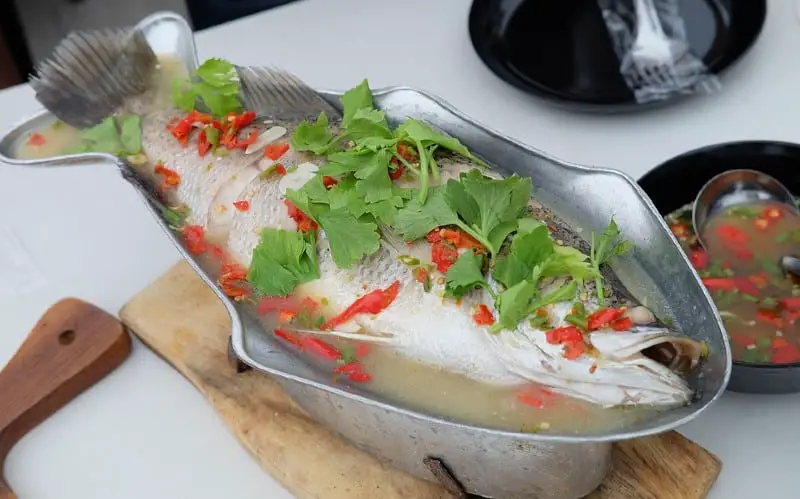
Regional Preparations of Smallmouth Bass
Different regions have unique culinary traditions and preparations for smallmouth bass. In the Midwest United States, where smallmouth bass is abundant, a popular dish is the “Beer-Battered Smallmouth Bass.” The fish is coated in a beer-infused batter, deep-fried to perfection, and served with tartar sauce. This crispy and flavorful dish is a true delight for those seeking a classic Midwestern culinary experience.
In the southern United States, smallmouth bass may be prepared with a Cajun twist. The fish is often blackened with a mixture of spices, such as paprika, cayenne pepper, garlic powder, and thyme. This preparation method adds a bold and spicy kick to the naturally mild taste of the smallmouth bass, creating a memorable and mouthwatering dish.
Comparing Smallmouth Bass to Other Fish
When it comes to comparing smallmouth bass to other fish, it is important to note that each fish has its own unique characteristics and flavor profiles. While smallmouth bass shares similarities with trout and salmon in terms of its flaky texture and richness, it has a distinct taste of its own. Other fish, such as walleye or largemouth bass, offer different flavor profiles due to their varying habitats and diets. Exploring the taste of each fish can be a delightful culinary adventure that allows you to appreciate the nuances and diversity of flavors that freshwater fish have to offer.
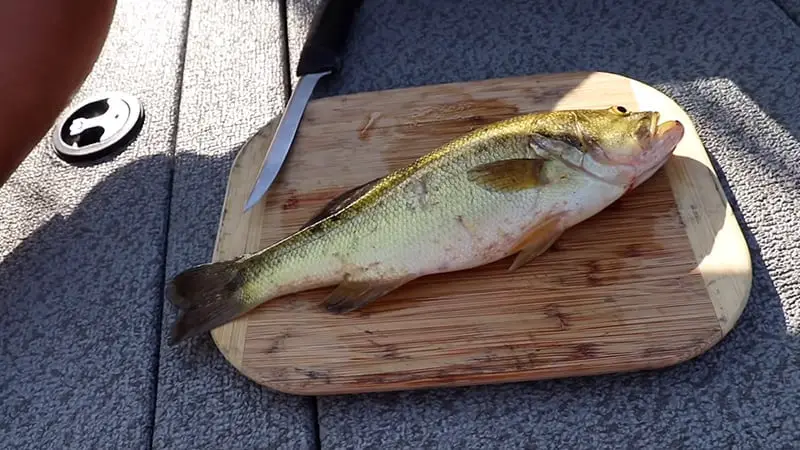
Health Benefits of Smallmouth Bass
In addition to its delightful taste, smallmouth bass also offers several health benefits. It is a lean source of protein, which makes it an excellent choice for those looking to maintain a balanced diet. Smallmouth bass is also a good source of essential nutrients, including omega-3 fatty acids, vitamin B12, and selenium. These nutrients play a vital role in promoting heart health, brain function, and overall well-being. Incorporating smallmouth bass into your diet can be a healthy and enjoyable way to diversify your protein intake.
Conclusion
Smallmouth bass is a freshwater fish that captivates both anglers and seafood enthusiasts with its delicate flavor, tender texture, and culinary versatility. Whether you choose to grill, bake, fry, or try regional preparations, smallmouth bass offers a delightful dining experience that is sure to please your taste buds. With its numerous health benefits and unique taste, smallmouth bass deserves a place on your plate. So why not dive in and savor the flavors of this delectable fish?




